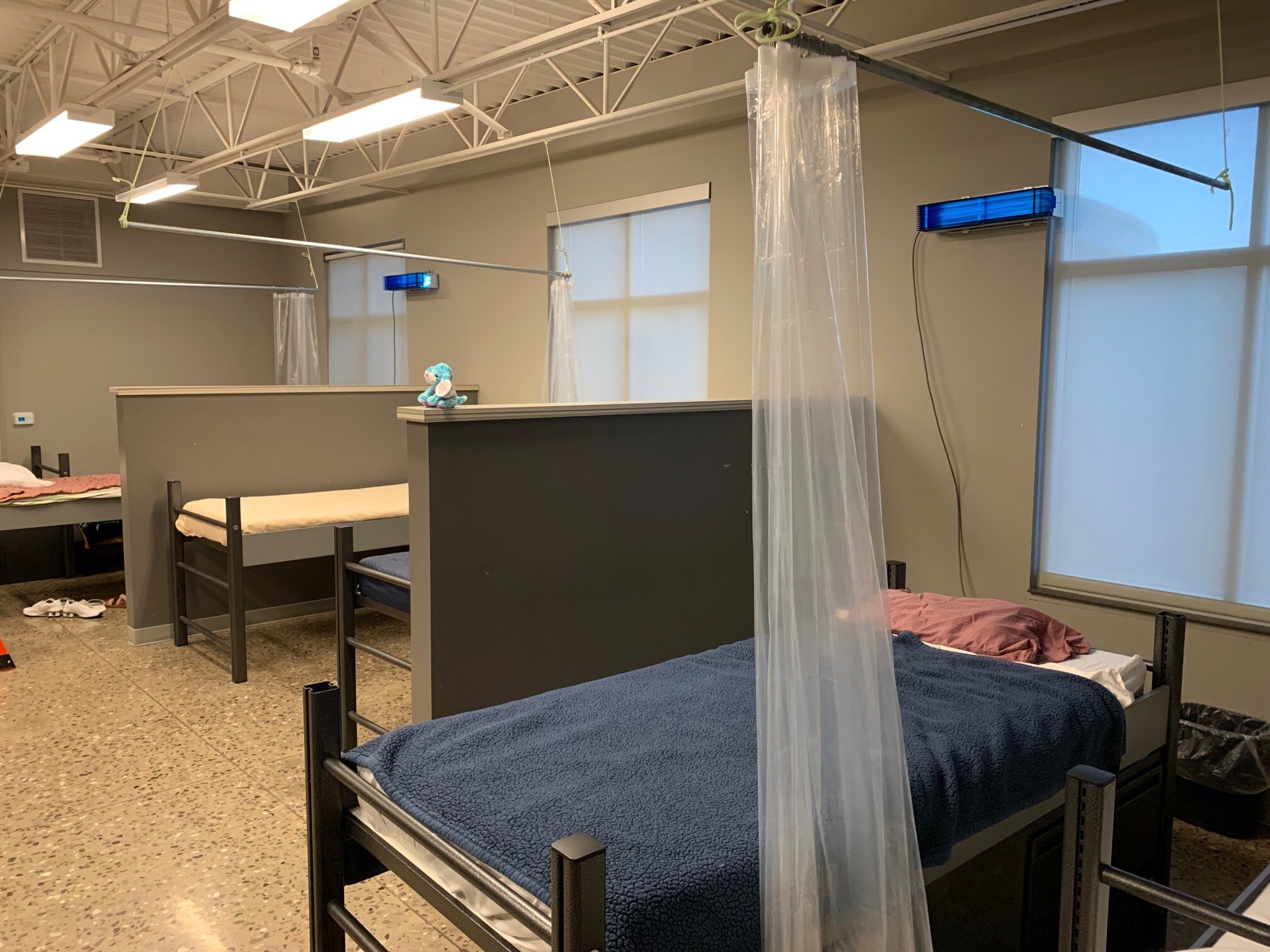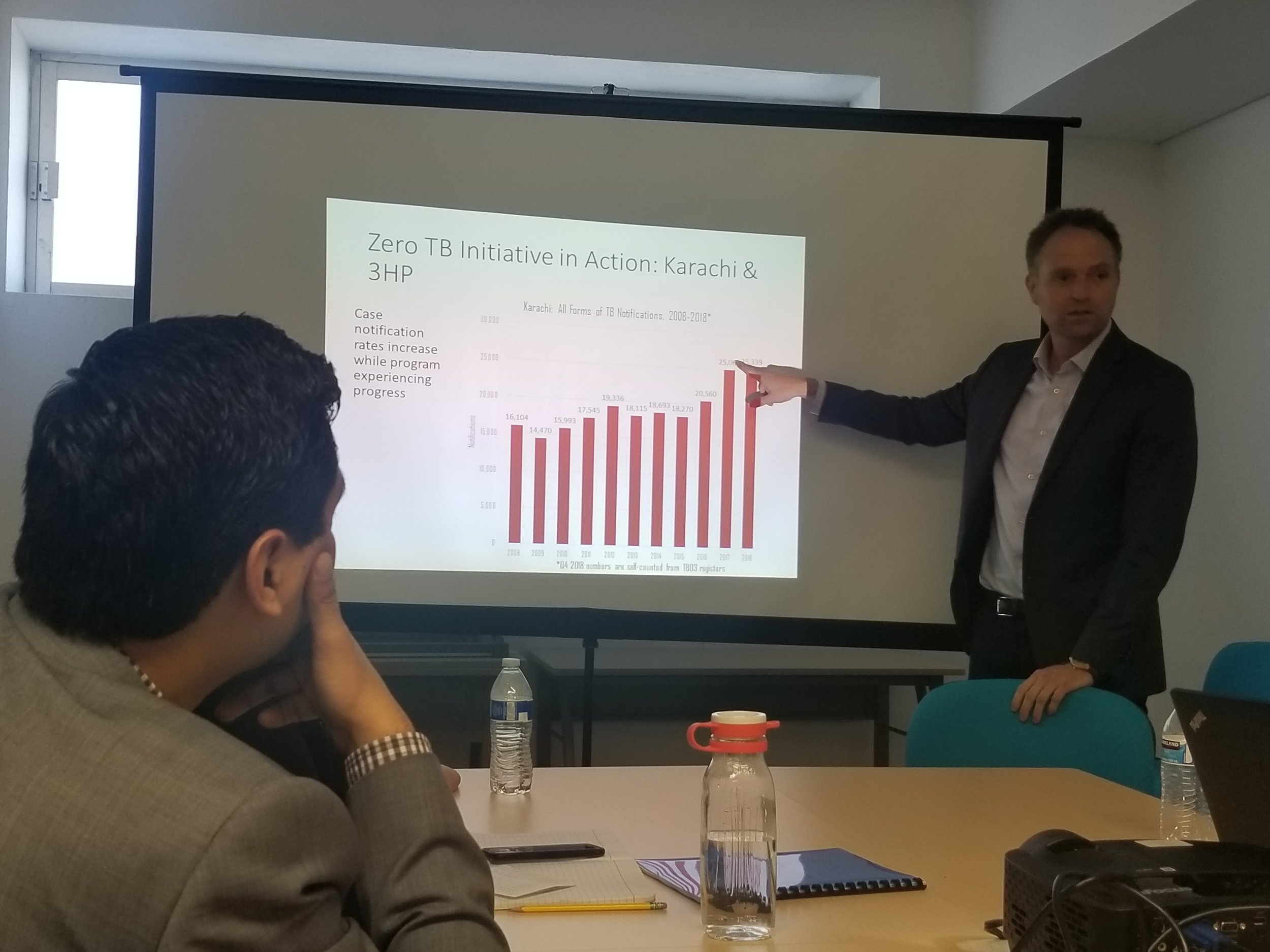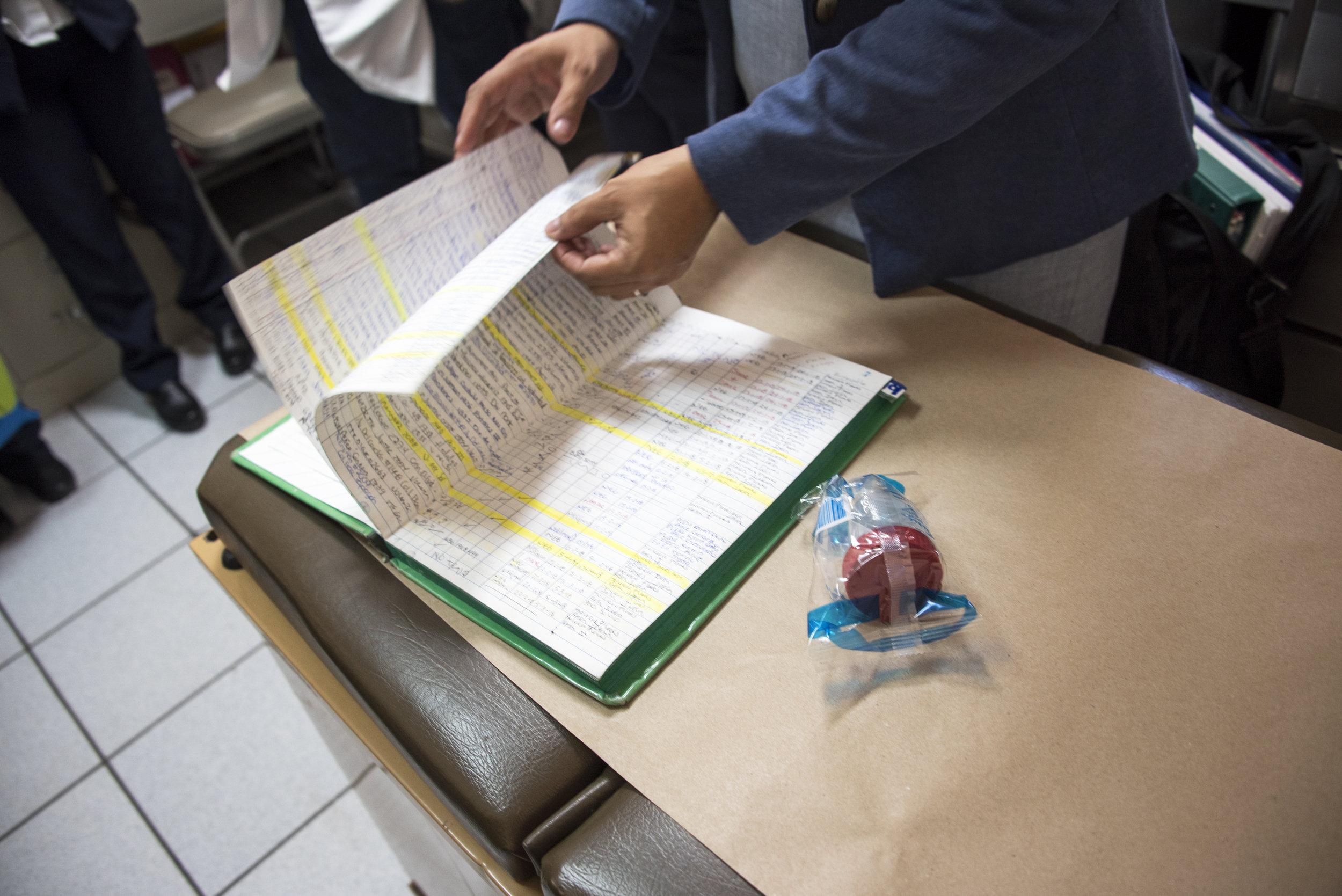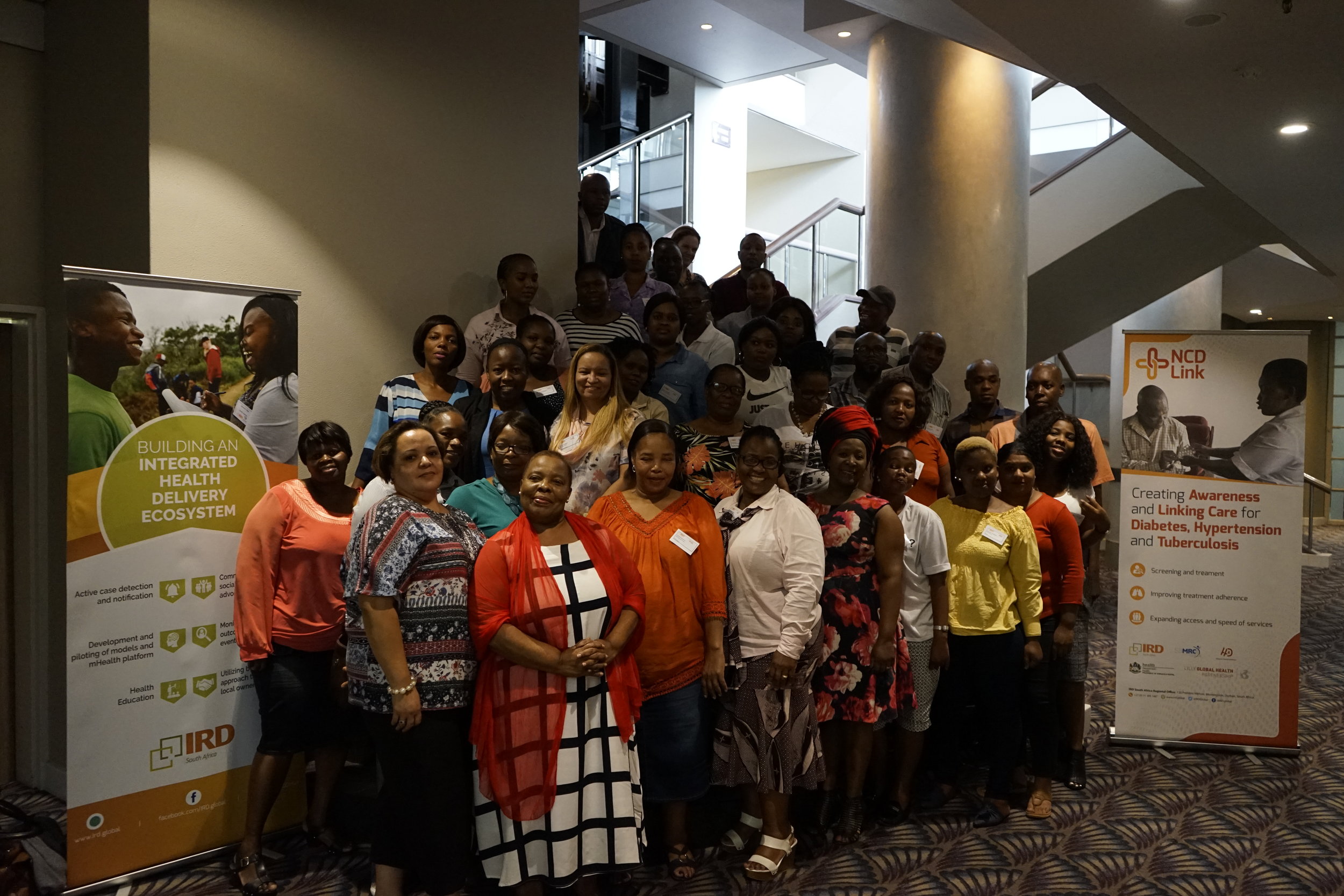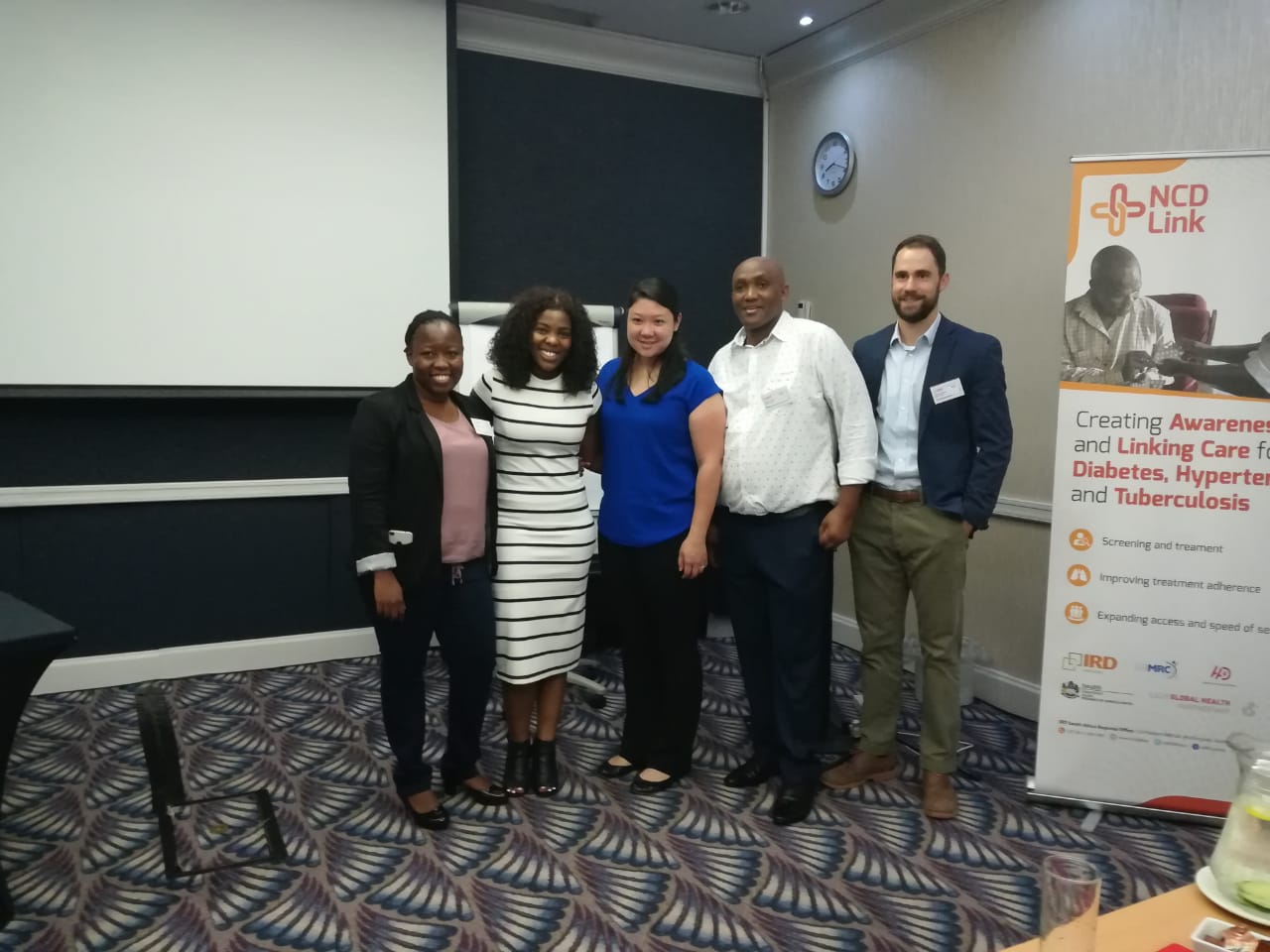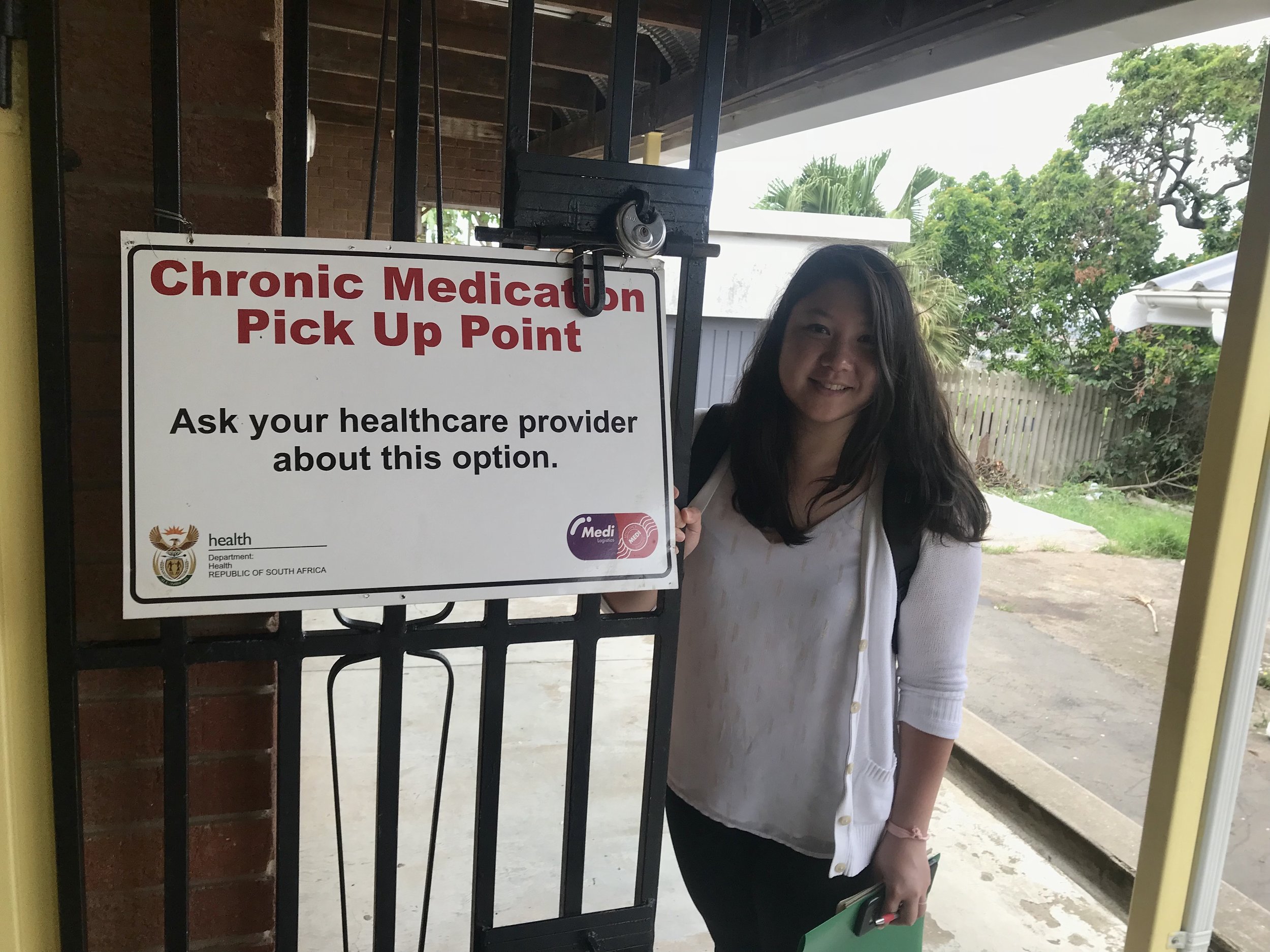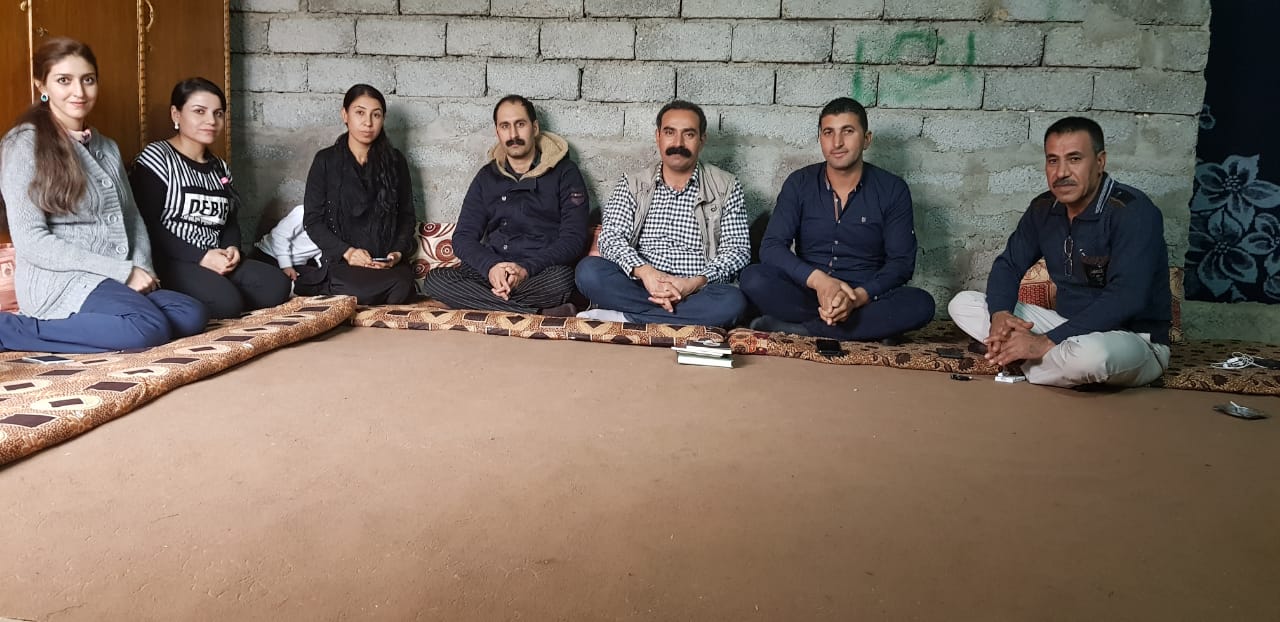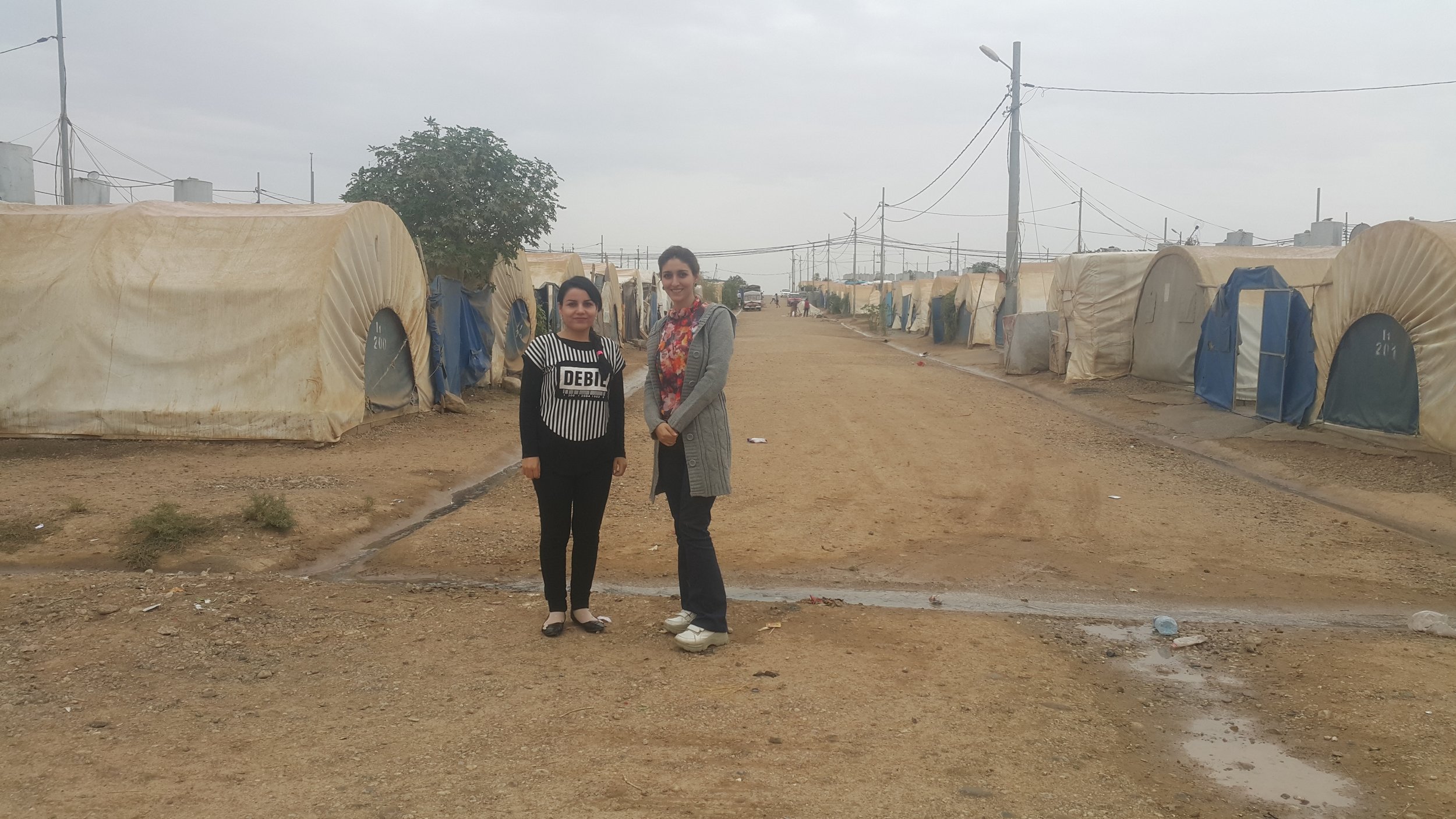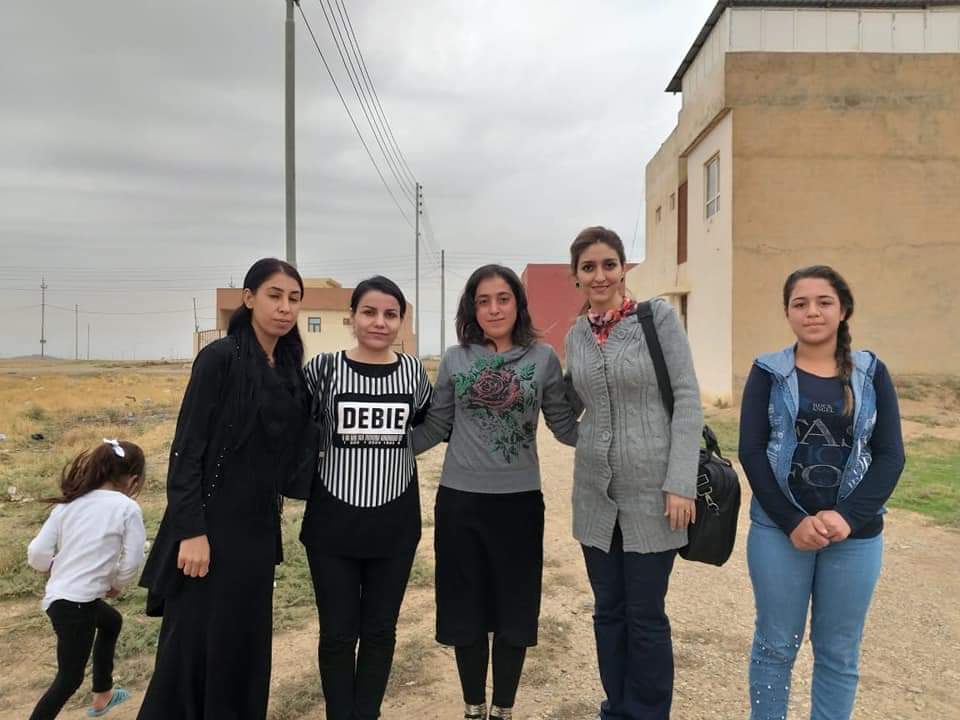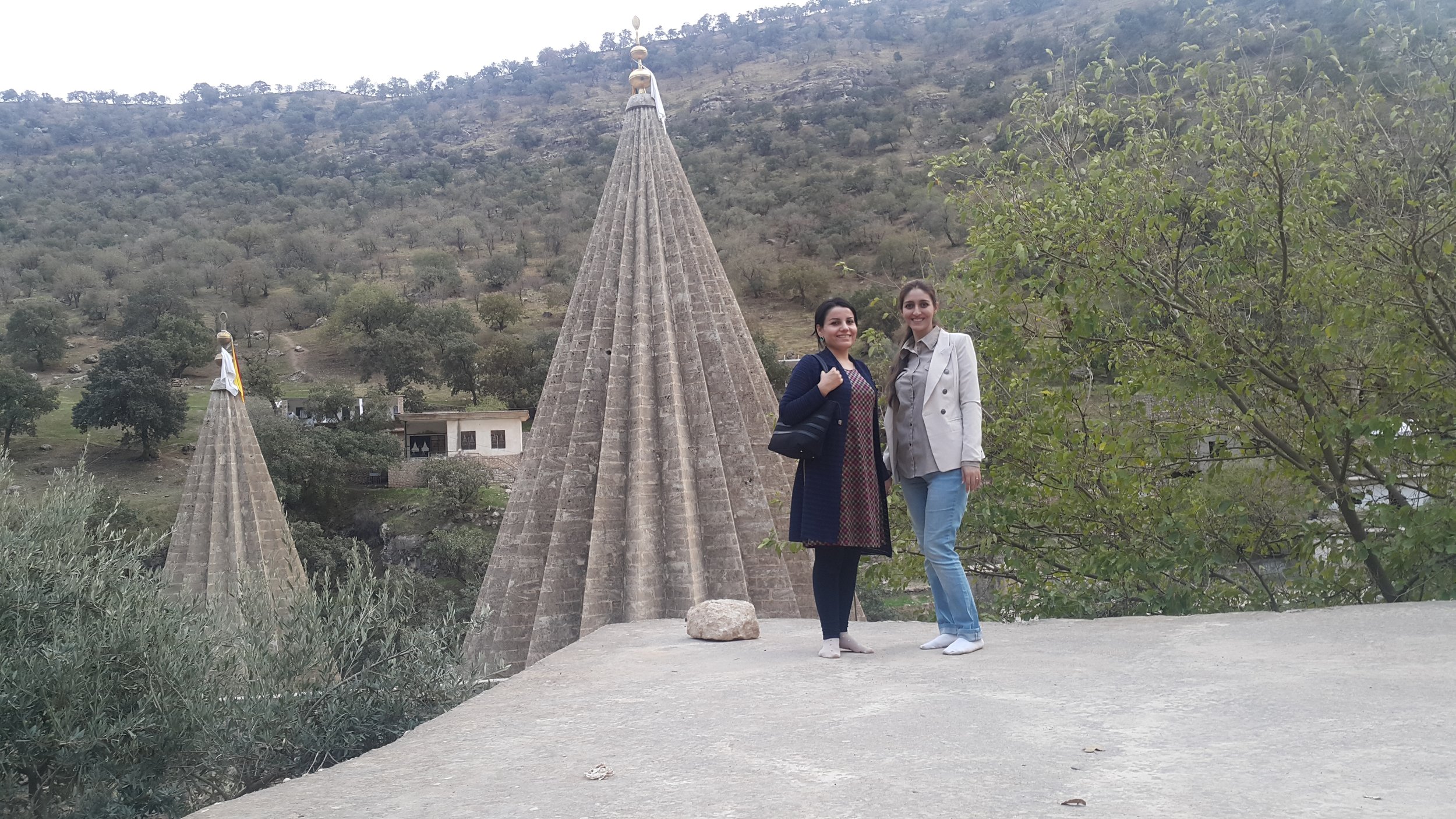The USA Food and Drug Administration (FDA) has approved a new drug as part of a novel regimen to combat extremely drug resistant tuberculosis (XDR TB), the most deadly form of the world’s leading infectious killer. TB overall is responsible for 1.6 million deaths annually.
The new drug, pretomanid, is only the third TB drug to be approved in decades. The all-oral regimen consisting of linezolid, bedaquiline, and pretomanid was piloted among a small group of patients with XDR TB in South Africa as part of the Nix-TB trial. Patients receiving the drug experienced remarkably higher cure rates compared to those of previous regimens whose success rates hover around 30%. The new treatment course is also significantly shorter and more tolerable for patients. Previous treatments for drug-resistant TB involved dozens of pills per day, painful daily injections, toxicity and severe side effects, and a treatment duration spanning two years or more. This breakthrough represents an opportunity to save more lives if equity, pricing, and access are prioritized by all stakeholders.
Pretomanid and the “BPaL” regimen are the latest exciting development to improve treatment and access to high-quality medicines for patients with drug-resistant TB. This comes on the heels of other notable shifts in the global TB landscape as new attention and energy builds to confront TB. In 2018, the WHO released updated guidelines for DR TB treatment that recommend an all-oral regimen including bedaquiline over more toxic, injectable drugs. Also in 2018, the UN hosted the first-ever High Level Meeting on TB, where global leaders committed to more aggressive targets to eliminate the disease that include the successful treatment of 1.5 million people with drug resistant TB by 2022.
Pretomanid, called a second-line drug, is used to treat patients whose TB is resistant to standard, first-line drugs. It has been approved for adult patients with XDR, treatment-intolerant or non-responsive multidrug resistant (MDR) TB, and trials are underway to determine correct dosages for prescribing practices.
Building on the momentum that this breakthrough regimen has garnered, TB researchers and experts are calling on policymakers as well as the TB Alliance, who conducted the Nix-TB trial, and Mylan, the manufacturer, for equitable access and transparency in pricing and licensing for the drug. Another drug in the BPaL regimen, bedaquiline, was similarly heralded as a game-changing pharmaceutical with less toxicity and better treatment outcomes. However, only a small fraction of people who need bedaquiline for their TB have access to it. Policymakers must commit to fast-tracking the approval of novel drugs to facilitate delivery to countries and areas with high burdens of TB. Multilateral institutions like the WHO that inform national treatment guidelines must create and disseminate evidence-based recommendations urgently and effectively. Moreover, and in keeping with the WHO’s End TB Strategy goal for no TB-affected families to face catastrophic costs due to TB by 2035, pharmaceuticals must be made affordable for patients. This change must involve a variety of developments including the production of generic drugs to competitively drive down prices as well as improved procurement models.
Exciting developments with new drugs for XDR TB need to be accompanied by transparent and equity-oriented measures to ensure that pretomanid has its maximum impact on the global TB epidemic. Such measures must be comprehensive and emphasize access for the most vulnerable patients if we are to reach zero TB.

